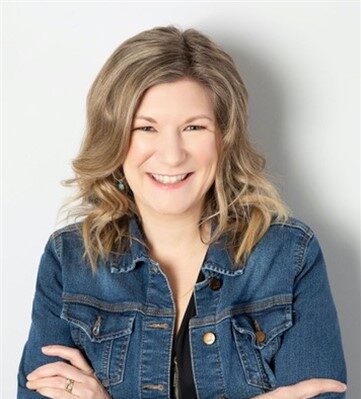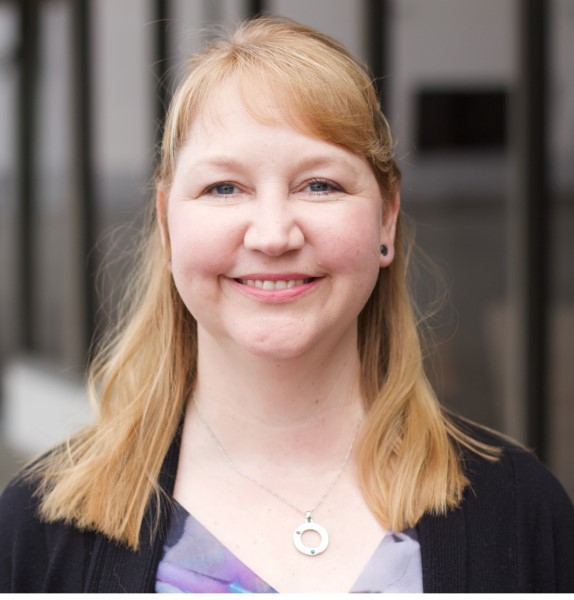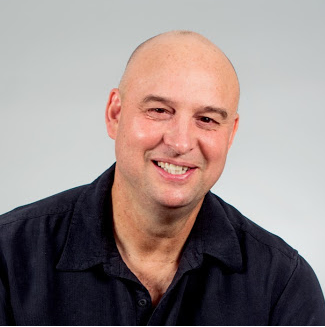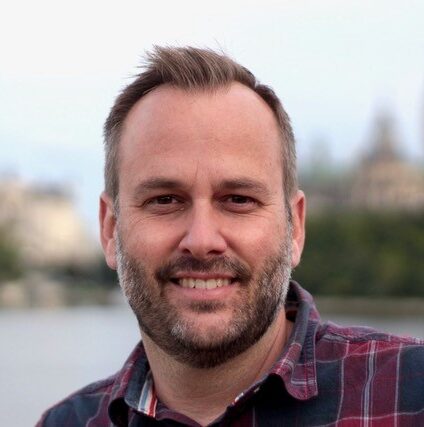My name is Milissa Ewing. I am a descendant of Chief Joe Harris of the ‘Namgis Band of the Kwakwakawak Nation. I am also a descendant of Annie Summers from England, of George Barr from Ireland, and Ole Loraas from Norway. I, like many Canadians, don’t fit into one neat ethnic category.
When I was a child, my family lived in a small, racially-charged town with a huge divide between the townsite and the reserve. One day, while swimming at the public pool, I accidentally splashed another kid who turned around to yell at me, “go back to the reserve you dirty Indian!” That same week, I tried to befriend a First Nations girl in my class and her mom told her, “why do you want to hang out with that white girl from the suburbs?”
Was I the “Indian” from the reserve or the “White Girl” from the suburbs?
Incidents like this began to shape how I saw myself. I became someone who didn’t belong. I wasn’t at home in either culture and even worse I started to feel like an imposter – someone always pretending. Without even realizing it, that false name, that false identity took hold: Imposter.
In First Nations culture, names are significant and powerful. First Nations children who were sent to residential school were stripped of their names and sometimes even given a number to erase identity. We see now how many First Nations are reclaiming traditional territorial names as a way of restoring that which was taken.
Thankfully, names are very significant to God, too. We read in the Bible of God giving people new names: Abram to Abraham; Jacob to Israel; Paul to Saul. A new name signifies a new calling, a new identity, an affirmation of purpose and meaning.
Last June, Mark and Cheryl Buchanan spoke at Tenth Church about reconciliation with our First Nations brothers and sisters. I cried as I saw what I thought was impossible: drumming and praying in the Musqueam language at the front of the sanctuary. When I thanked Cheryl afterwards, I confessed that while I knew God was calling me to his reconciliation work, I still wasn’t sure what my role was: I always felt like an outsider – an imposter – in both First Nations and Caucasian circles.
Cheryl paused. And then she said something like this:
“I sense God wanting to tell you that your name is not Imposter. That’s a false name you’ve been carrying for too long and it’s getting in the way of His good work. God wants to give you a new name. Your name is Bridge.”
The next day, I was speaking with my spiritual director about a completely different issue and like Cheryl the night before, my spiritual director paused and said:
“I am not sure if this means something to you, but I think God is calling you to be a bridge. He’s made you to be a bridge.”
Then a few weeks ago, I met with a professor at a local theological and after sharing some of my story, he exclaimed:
“Well, it seems clear that God is calling you to be a bridge! What an opportunity!”
At this point, my thought was, “Okay, God. I get it. You’re not just asking me to be a bridge, but you’re naming me – you’re telling me something about who you made me to be. What does this mean?”
A physical bridge is something that crosses the wide gap that can separate people from one another. But, the gap is not always geographic. There is often a larger relational and spiritual gap. A gap that can only be crossed through a relational or spiritual bridge.
As I ponder this new name, I realize that this is not just about my own personal calling. As God’s people, we are all called to bridge the gap between God and the world. We are all called to bridge the gap between those in conflict. We are all called to bridge the gap between nations. And I believe that we are all called now, at this particular point in Canada’s story, to be the painful bridge between what was and what will be, moving toward a future where we will all be reconciled under one Creator God.
This is an excerpt from a story that Milissa told within a sermon preached by Ken Shigematsu on September 17, 2017, at Tenth Church.
Click here to listen to the entire sermon, “Truth and Reconciliation”.













